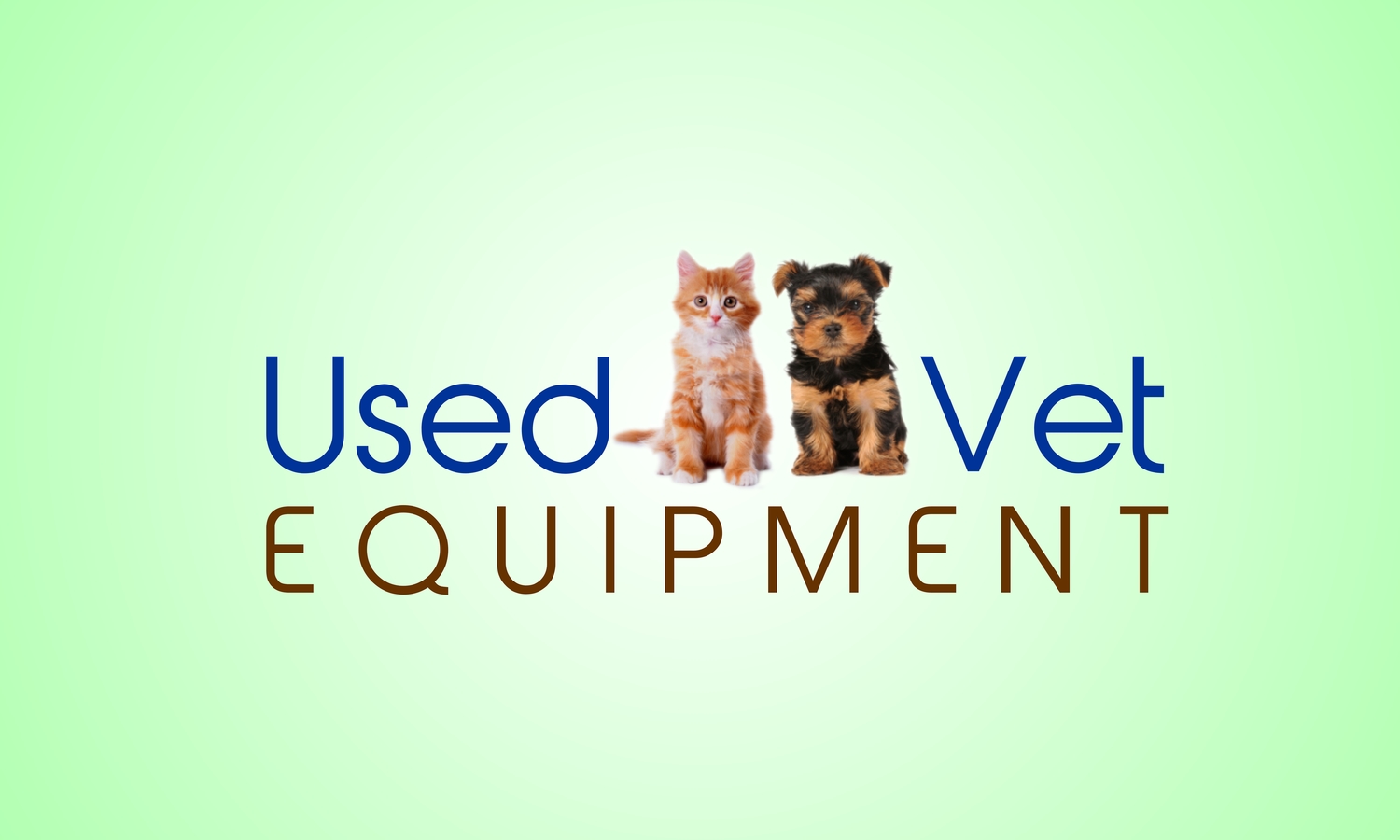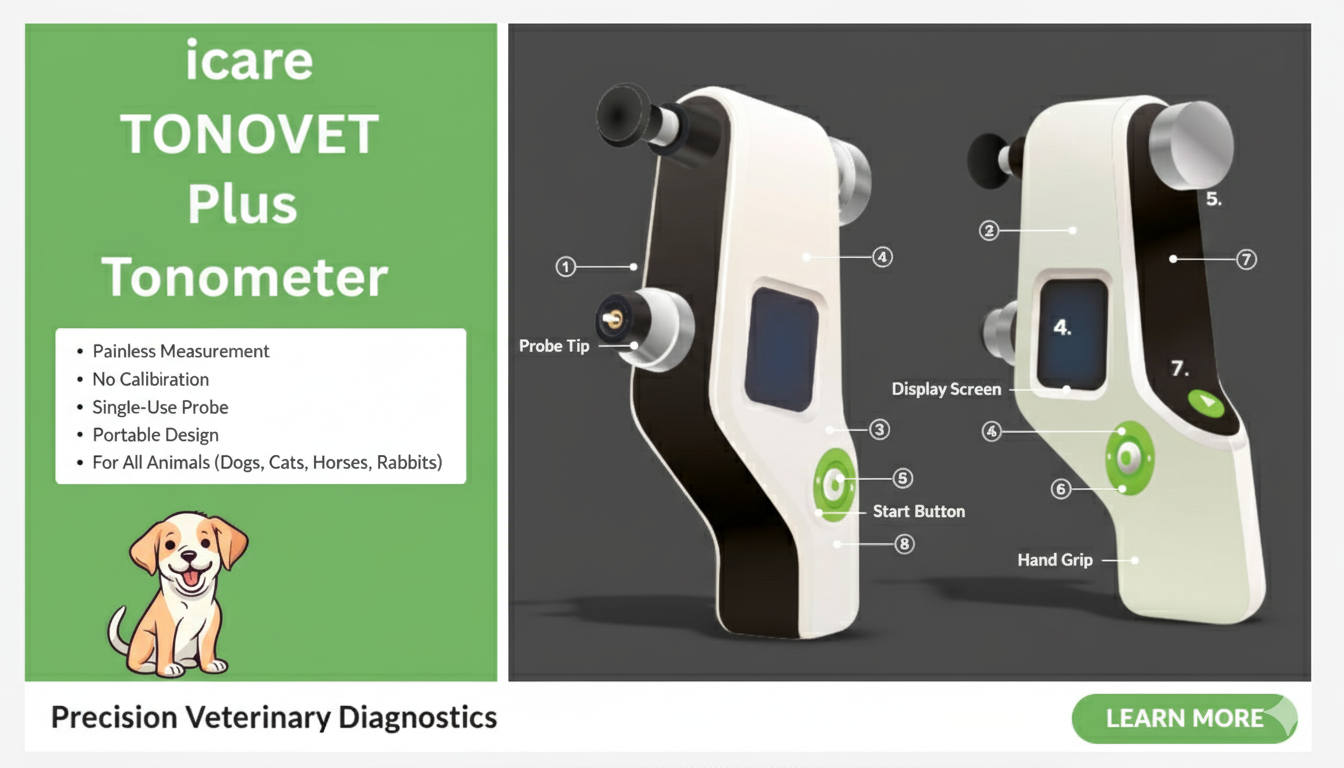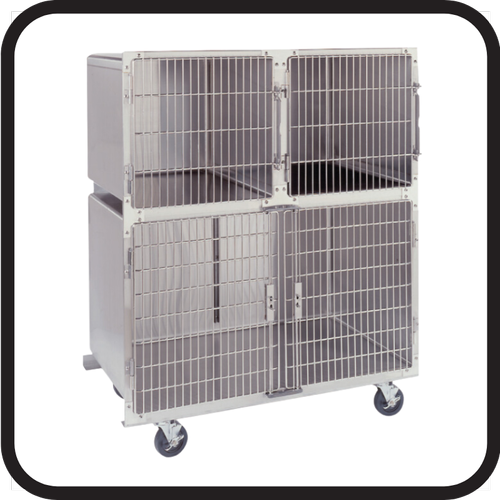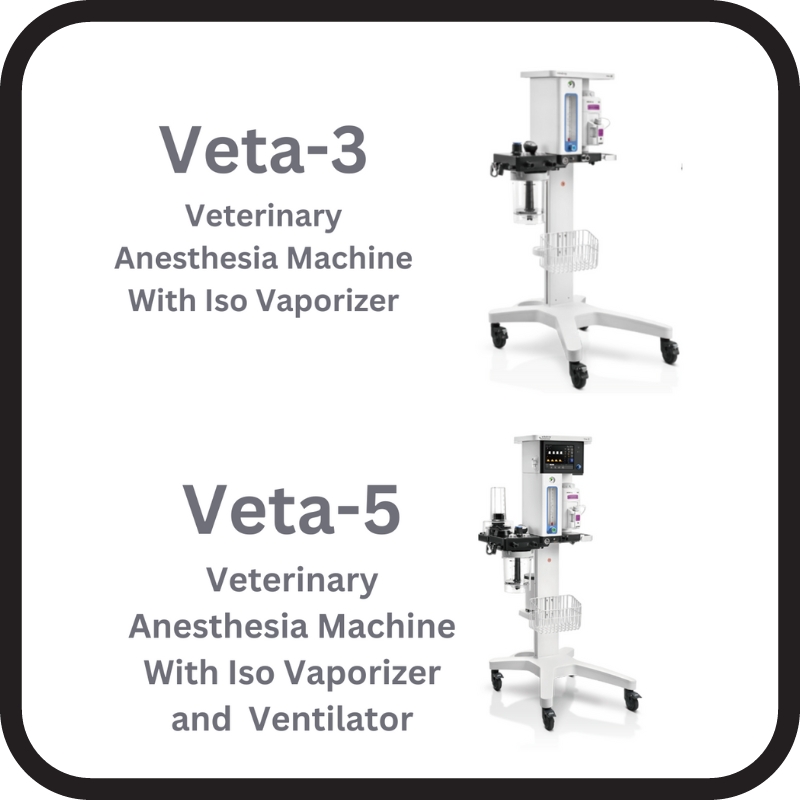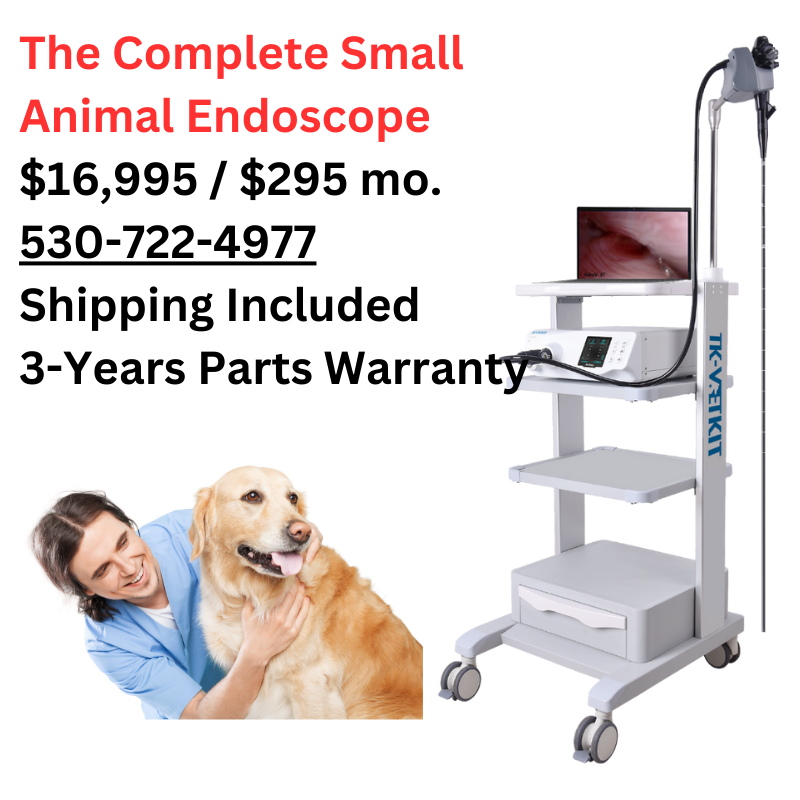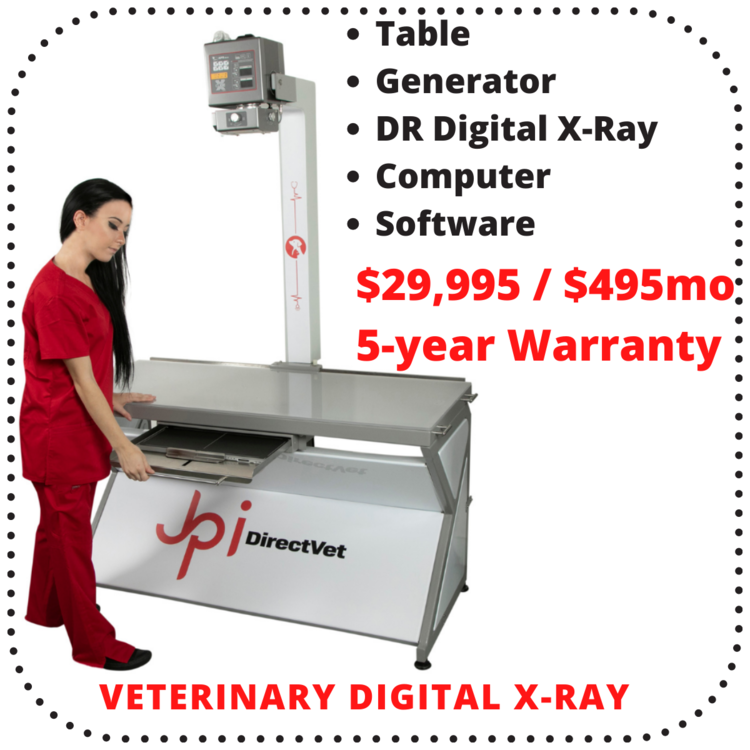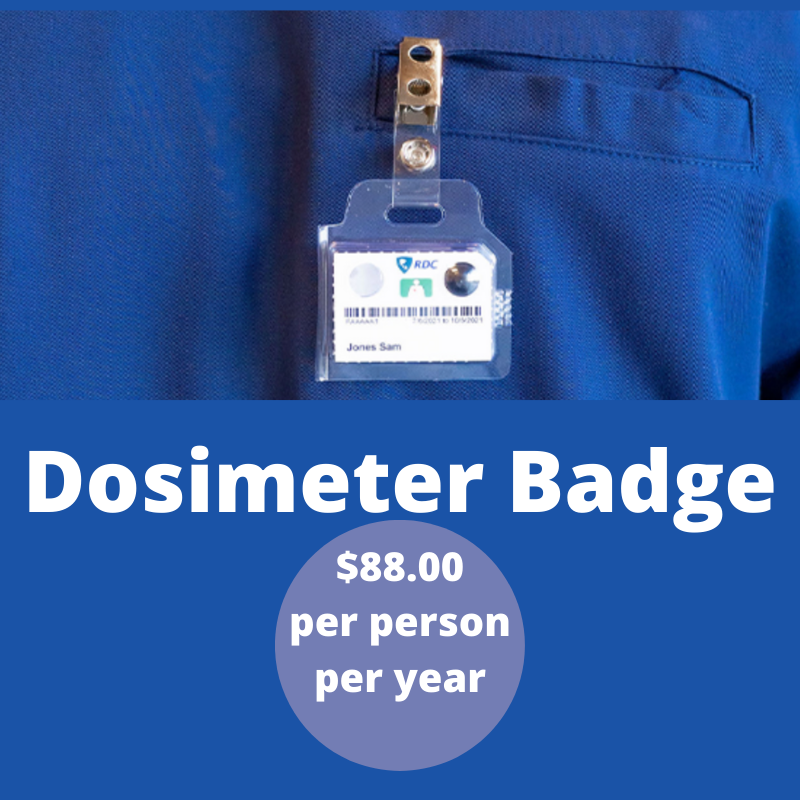How Long Is Parvo Contagious After Treatment?
/Table of Contents
One of the most deadly and difficult to cure illnesses canines are susceptible to is parvovirus. If your dog contracts parvo, you will want to get immediate medical attention from a veterinarian—but how long is the parvo contagious after the treatment?
If a canine contracts parvovirus, they are extremely contagious and should be kept isolated from other dogs that are not fully vaccinated. A dog can begin shedding the illness prior to showing symptoms and for up to ten days after recovery. Surfaces an infected dog is in contact with should be sanitized.
Anyone who takes in a new puppy or has a dog should do their best to get their dog vaccinated fully. If your dog shows symptoms of parvo, you need to get help and also keep in mind that your dog is highly contagious. If you have questions regarding the illness, keep reading!
What Exactly is Parvovirus?
If you have a new puppy or even an older dog, parvovirus is something that you need to be aware of. Unfortunately, for many puppy’s parvo is a very harmful disease that can often lead to death. You will want to be educated on this disease and be prepared to battle it should your puppy contract it.
Most commonly, you will hear of canine parvovirus referred to as parvo, which is a highly contagious disease. This can be spread very quickly from infected dog to infected dog or even contaminated grass or items. Your puppy can even get the disease from indirect transmission which is when you pet an infected dog and then pet your puppy or dog.
The illness itself is a disease of the stomach and small intestines, which can be deathly damaged by this illness. While the small intestine is often most damaged by the illness, it can also attack lymphopoietic tissues, the heart, and bone marrow. Without proper treatment, this illness will almost always lead to death.
How Do Dogs Get Parvo?
When it comes to parvovirus, the most susceptible pups are those that are between six weeks and six months. Luckily, puppies under six months will have some of the mother’s antibodies if the mother dog was vaccinated properly. However, once they hit the six-week mark, they will be susceptible to the disease until they are vaccinated fully against the illness.
Ensuring your puppy receives their shots at the correct schedule and fully is key. Some things to keep in mind when it comes to protecting your pup against parvo are:
Puppies should receive parvo vaccination shots at six, eight, and twelve weeks of age. They are vulnerable to the disease until all three shots are taken.
Your puppy should also receive a dose of parvovirus vaccine between 14 and 16 weeks of age. This will provide your dog with adequate protection.
If your dog is unprotected, your dog can get parvo any time that it comes in contact with the virus. This can be from another animal, soil, a rug, flooring, bedding, a dog bowl, a food dish, toys, and practically anything where the virus can live.
Parvovirus can vary greatly when it comes to the overall severity and survival rate. Puppies that are weaned early can have more severe parvo cases due to stress.
The best defense against parvo is just to be aware of the potential vectors and to always vaccinate new puppies on the regular recommended schedule.
How Long is Parvo Contagious?
If you suspect your puppy has parvo, which we will further discuss signs of, you will want to seek help immediately. The quicker you get your puppy help, the more likely they are to survive the illness. If your puppy has parvo or is on the mend from the disease, it is more important than ever to monitor your other pets and keep your puppy in a specific area.
The illness is extremely contagious and remains contagious often after the dog has recovered from the initial symptoms. It is critical to remember how contagious the illness is and some things to remember are:
Dogs and puppies with parvo will start shedding the virus around four to five days after exposure.
Your dog may not show symptoms of the disease before they begin shedding the illness. This means they can be spreading the illness without your knowledge.
Puppies or dogs with parvovirus can continue to shed the virus for up to ten days after they have recovered.
You should always keep your dog that has had or currently has parvo away from other pets. If you have other dogs or puppies that are not adequately vaccinated, keeping them away from the infected pet is critical.
The virus can survive inside of your home for at least a month. On outdoor surfaces, the illness can actually survive for many months or up to a year if conditions allow for it.
Canine parvovirus is extremely contagious and remains so for quite a long time.
Do Vaccinated Dogs Spread Parvo?
While vaccinating your dog fully will protect them against parvo, this does not mean that they will not be carriers of the disease. Vaccinating your dog does not make it a carrier, but it can carry the disease if it comes into contact with the illness. The shedding virus can be picked up on the feet, fur, or body of the dog.
Once your dog has picked up the virus on its body, they can pass it to other pets in your home or pets they come into contact with. If your pet is not fully vaccinated, they can then lick their paws or contaminated fur and contract the virus.
Other Ways Parvo Can Spread
While the parvovirus can spread from infected dog to infected dog, it can also be spread by direct contact with the virus. The virus can live on surfaces for a long time and can be spread very easily. If a dog that has been sick with the virus comes into contact with items, these can easily be contagious.
One way that the virus can spread extremely easy is through the feces or vomit of an infected dog. Since the virus goes through a shedding process, it exits the body in this way. If your dog comes into contact with these bodily fluids, they can very, very easily contract the illness.
Some other ways that parvo can spread to your dog or puppy are:
The virus can live on outdoor surfaces for extended period of times. The virus itself can withstand extreme temperatures. If you suspect your dog has gotten the virus from the land around your home, you will want to seek help sanitizing these areas.
Your dog does not have to be around other dogs to catch parvo. They only have to come into contact with the virus itself.
Parvovirus is not airborne but is quickly spread on soil and other surfaces. The virus itself can live on surfaces even if feces or vomit has been washed away.
This is why it’s essential to keep new puppies away from any public areas where other dogs have been, since they can so easily pick up the virus from other dogs’ feces, drool, or even just places on the ground where they have been.
Disinfecting Your Home After Parvo
If you have a dog or puppy that has had parvo and has recovered or is recovering from it, sanitizing your home is key. Not only can the disease itself cause a lot of gastrointestinal issues that need cleaned up after, killing the virus is essential. At any point if your dog vomits or uses the restroom in your home, it should be deeply sanitized.
If you cannot fully clean an item that your dog has used, it is best to discard of it. An item that may have fecal matter on it should be discarded or deeply sanitized. Large items that are more difficult to clean and cannot be discards should be steam cleaned and sanitized as much as possible.
Your home will require a full, deep clean once your dog has recovered. If you have other pets that have not been fully vaccinated, you will want to keep it out of any areas the infected dog has been. If you feel that you have not fully cleaned the home, you will want to keep any unvaccinated dogs away from your home for at least a year or seek professional help.
Some of the cleaners that are available today that have been proven to kill the parvovirus are:
Wysiwash, Bruclean, Rescue, and Trifectant. These can be sprayed onto areas where your dog has frequented and used to wipe down surfaces.
A cheap and easy way to kill the virus is to create your own bleach solution. Mix one part bleach to 30 parts water, covering areas that may be in contact with your dog with this solution. Let the solution sit for ten to fifteen minutes before rinsing it off to kill the virus.
You can also soak your dog’s dishes, toys, bedding, blankets, and other items in a bleach solution. Wash any fabric items you can in a washing machine with hot water and bleach.
Any fecal matter from your infected dog should be removed from your yard. You should hose down these areas fully. While sunlight and cleaning products can help sanitize outdoor areas, the virus can live up to a year.
Thankfully, proper vaccinations mean that this is only a short-term problem. Once your new puppy is fully vaccinated (including all three doses), then they are safe from the virus.
Protect Your Pup Against Parvovirus
It is extremely important that you do everything you can to protect your dog against parvo until they are fully vaccinated. At the first symptom of parvo, recognize that your dog needs professional help and is highly contagious. While the illness is very deadly, should your dog recover fully, you must sanitize your home deeply and protect against infecting other pets.
https://canineparvovirus.org/how-parvo-spreads/
https://animalfoundation.com/whats-going-on/blog/8-tips-prevent-parvovirus-your-dog-or-puppy
https://www.thesprucepets.com/parvovirus-disinfecting-the-environment-of-parvo-3385003
